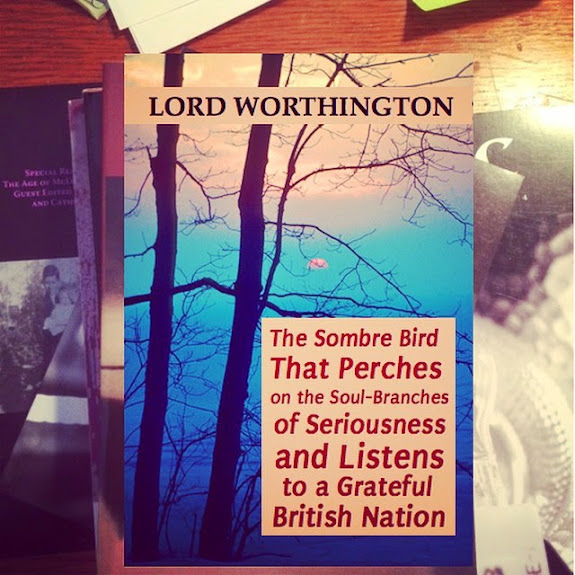Eavan Boland doesn't like similes:
I've come to think of them as if they were like the appendix in the body, which is said to be an outdated physical part. In that way, similes seem to me outdated. They migrated from epic structures, and the great old similes in those epics were communally accepted in a way they never could be now. When Virgil says in the Aeneid that the young dead are lying on the bank of the river like the birds that fly from the warmth to the cold, it's obvious that nobody listening could have known what the underworld looked like. But everybody in Mantua must have known what those birds looked like. In poetry, with all its progressions, we're no longer always able to avail of those communal buy-ins. That poem "As" is intended as some kind of a critique of how we use similes.
I think of metaphor in a different way. Maybe like this, to give an example: Just supposing you and I went into a room. We're anxious to see a person there that we'd known as a teacher who was important to us. Someone we looked to as knowledgeable and exemplary. So we go to this plainly furnished room. There's not much furniture except a table and chairs and a beautiful old bowl that has a crack in it. The person we've come to see is there and we begin the conversation. But as it goes on, we start to notice things. The person is forgetful, is losing key words and names, doesn't remember what we shared with them. We begin to realize that some part of the core of this personality is impaired. But we have no way of exchanging that knowledge. We can hardly access it ourselves. And then we look at the crack in the beautiful bowl. Just for that moment it carries the meaning for us, when we ourselves are only starting to process it. That I think is the power of metaphor. It works through revealed meaning, not meaning created through comparison like the simile. I think of metaphor as essential, in a way I don't think simile can be.


























